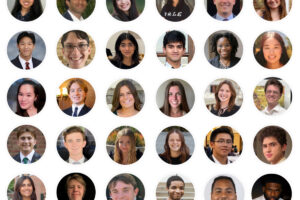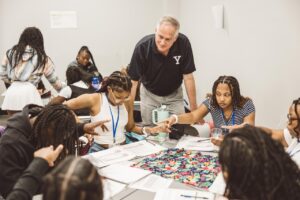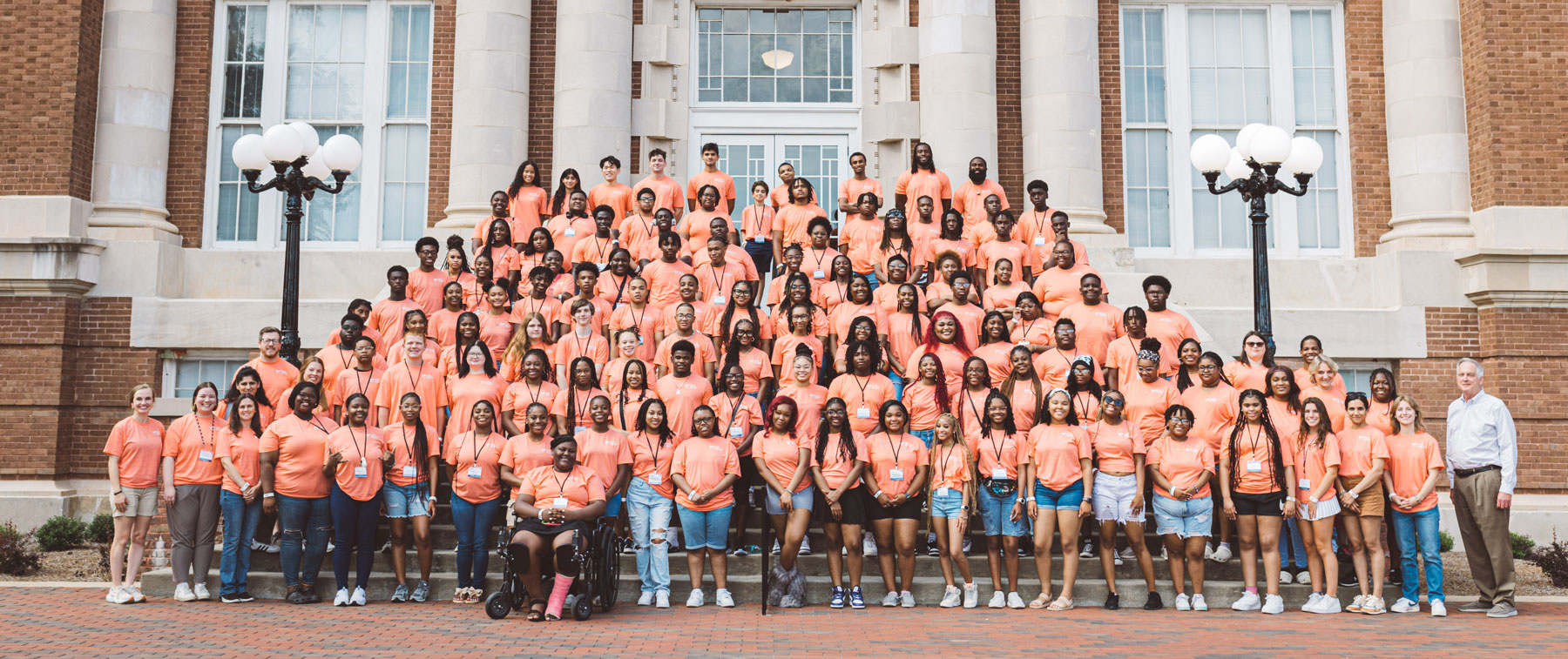
8th Annual GTP Summer Program Prepares Students for Rigor of AP Classes
The Global Teaching Project’s Advanced STEM Summer Preparatory Program, now in its eighth year, provides immersive instruction in a residential, university-based setting to help promising high school students get ready for the rigor of the Advanced Placement science courses they will take through GTP in the upcoming school year. The Summer Program is provided free of charge to students, and uses no state or local funds.
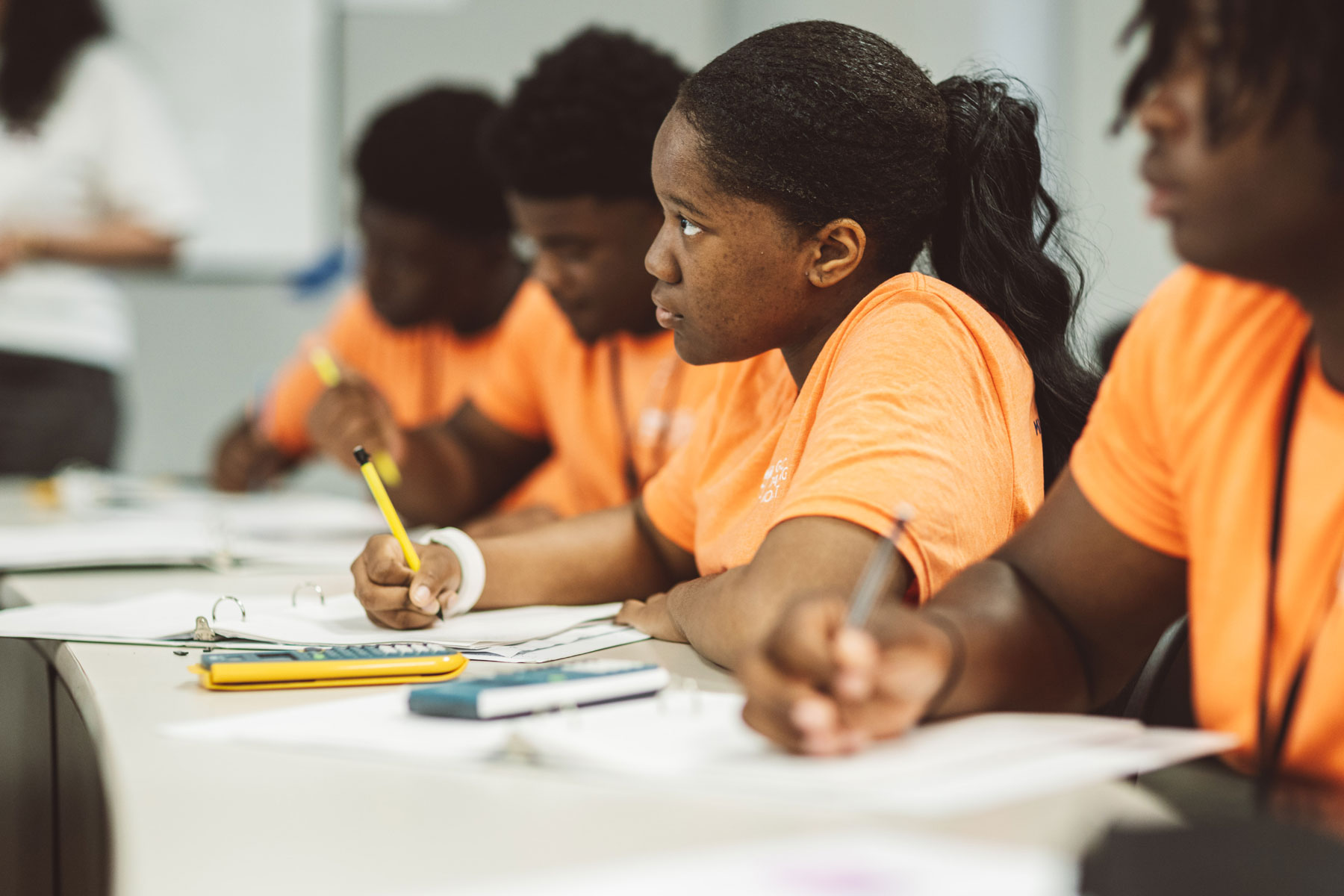
This year’s Summer Program, once again held at Mississippi State’s main Starkville campus, was a major success, drawing approximately 100 students from across the state to study AP Biology, AP Computer Science Principles, AP Physics 1, and AP Statistics with faculty and tutors from Georgia Tech, Harvard, Mississippi State, Notre Dame, Yale, and the Universities of Illinois, Mississippi, and Virginia.
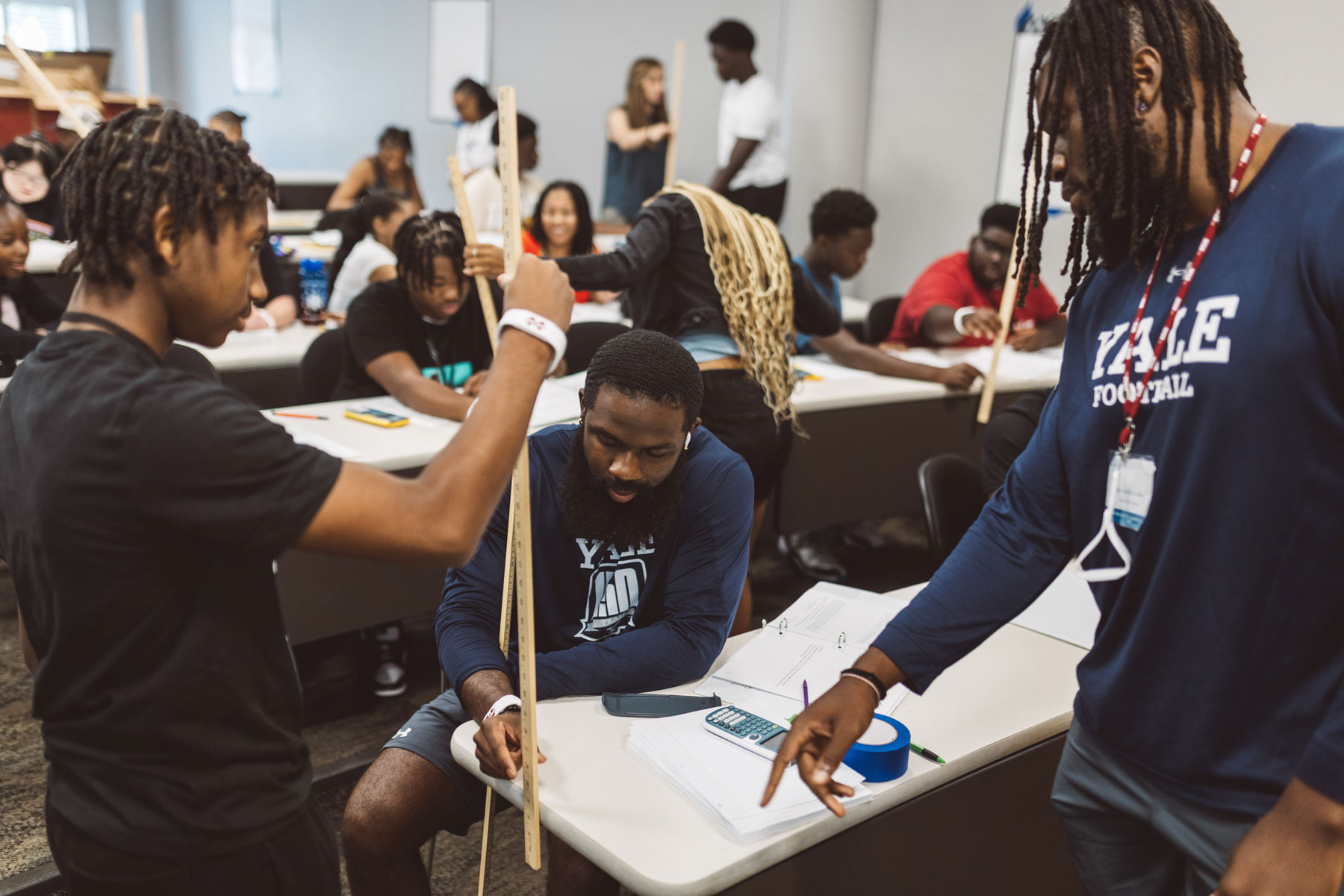
Promising rural students are selected by their schools to take AP courses offered through GTP based on the students’ exceptional aptitude and work ethic. Yet those students often have significant gaps in their substantive foundations. The Summer Program helps prospective AP students close those gaps, and develop the study skills needed to excel in a rigorous curriculum.

Independent assessors have reported that students in past Summer Programs have “achieved dramatic gains in substantive understanding of course content”. This year, Mississippi State reaffirmed the Summer Program’s essential role. MSU Associate Vice President for Academic Affairs Jim Dunne said he is a “huge fan” of GTP and the Summer Program, adding:
This program has provided equitable educational opportunities to students throughout the state for many years. With its unwavering commitment to educational excellence, Mississippi State University is honored to facilitate the Global Teaching Project’s Advanced STEM Summer Preparatory Program.
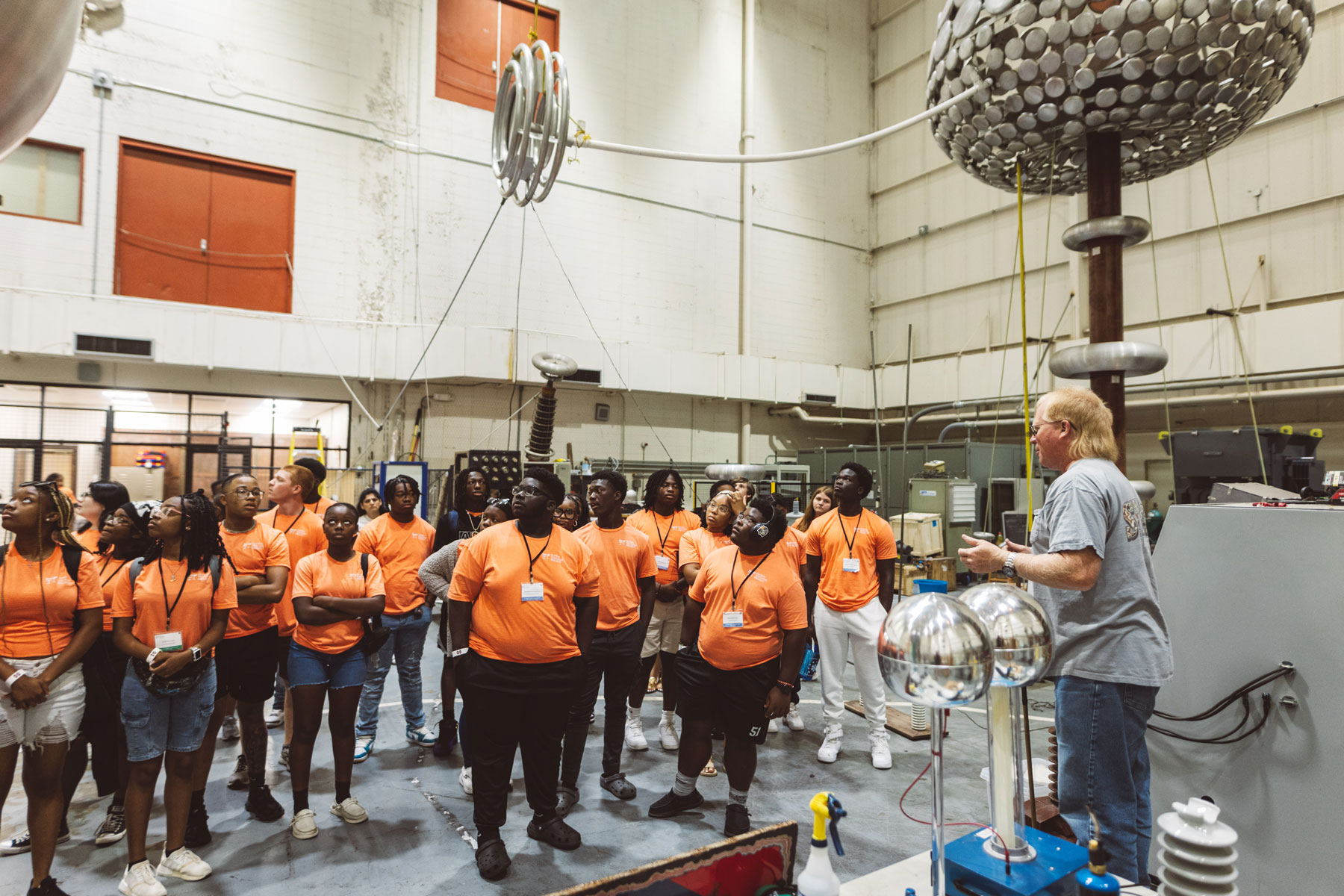
The Summer Program is part of GTP’s Advanced STEM Access Program, which last year offered Advanced Placement science courses throughout the academic year in four subjects at 39 high schools concentrated in the state’s most impoverished communities, most of which previously offered no APs in any subject. GTP continues to add schools, students, and classes to expand educational opportunities throughout the state.

